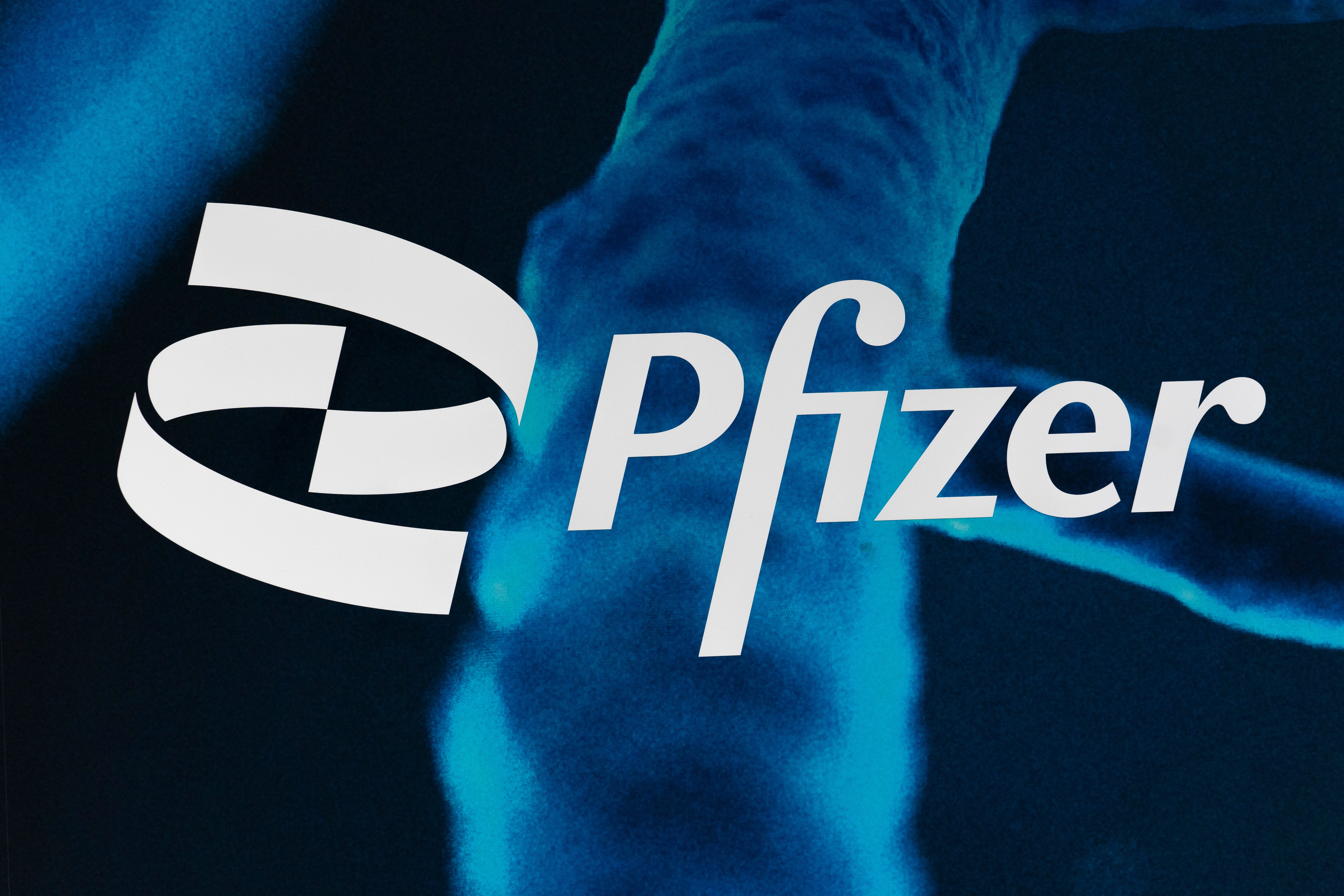Pfizer nixes more study of twice-daily obesity pill treatment that made many patients nauseous
Pfizer shares sank Friday when the drugmaker announced that it was abandoning a twice-daily obesity treatment after more than half the patients in a clinical trial stopped taking it

Pfizer shares sank Friday when the drugmaker said it would abandon a twice-daily obesity treatment after more than half the patients in a clinical trial stopped taking it.
The pharmaceutical company said it will focus instead on a once-daily version of the pill, danuglipron, instead of starting a late-stage study of the other version. Late-stage studies are usually the last and most expensive trials a drugmaker undertakes before seeking regulatory approval.
Obesity treatments are one of the hottest and more lucrative areas of medicine. Pfizer rivals Novo Nordisk and Eli Lilly already have injectable drugs on the market. But Novo and Pfizer are also trying to develop pill versions that would be easier for patients to take.
Pfizer said it saw patient discontinuation rates topping 50% across all doses in a mid-stage study of twice-daily danuglipron. That compares to about 40% for the placebo or fake drug.
The drugmaker also said side effects for the pills were mild but common. Up to 73% of patients experienced nausea and 47% dealt with vomiting.
Researchers did see statistically significant weight loss in adults with obesity but without type 2 diabetes. It ranged from nearly 7% to more than 11% in patients taking the pills.
By comparison, obese patients without diabetes lost about 18% of their weight compared to a placebo when taking taking Eli Lilly’s Zepbound in late-stage research.
The Food and Drug Administration approved Zepbound for obesity last month.
Pfizer Chief Scientific Officer, Dr. Mikael Dolsten, said in a statement Friday that they believe a once-daily version of danuglipron could play an important role in treating obesity, and the company would focus on that.
A Pfizer spokeswoman said the company was conducting early-stage research on that version and expected to have results early next year.
Shares of New York-based Pfizer Inc. slipped nearly 5% to $28.98 in midmorning trading while broader indexes were mixed.
That drop continued a rough year for the drugmaker. Pfizer shares had already slid 40% before Friday.